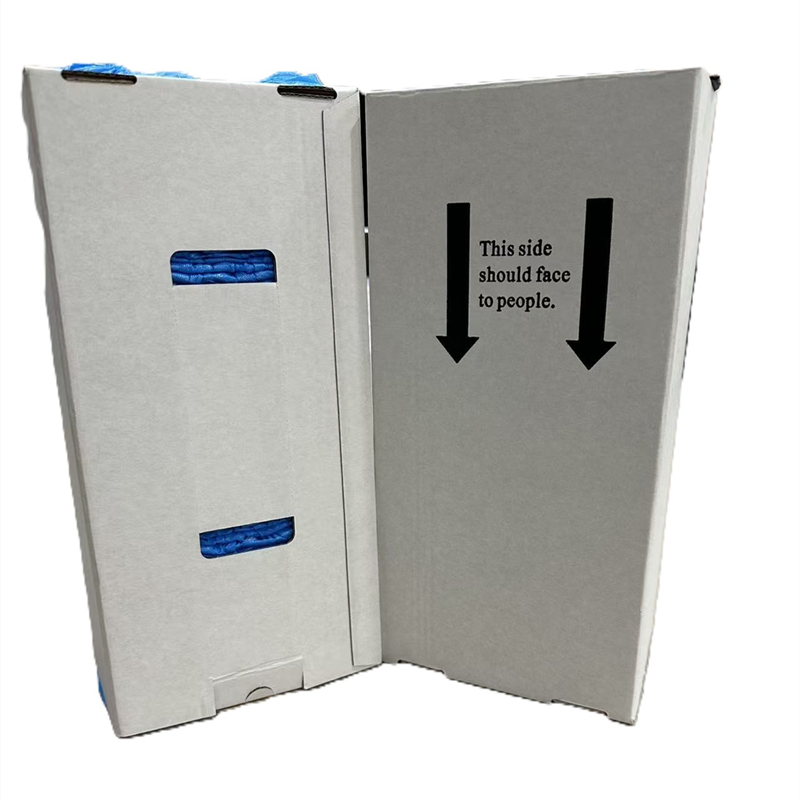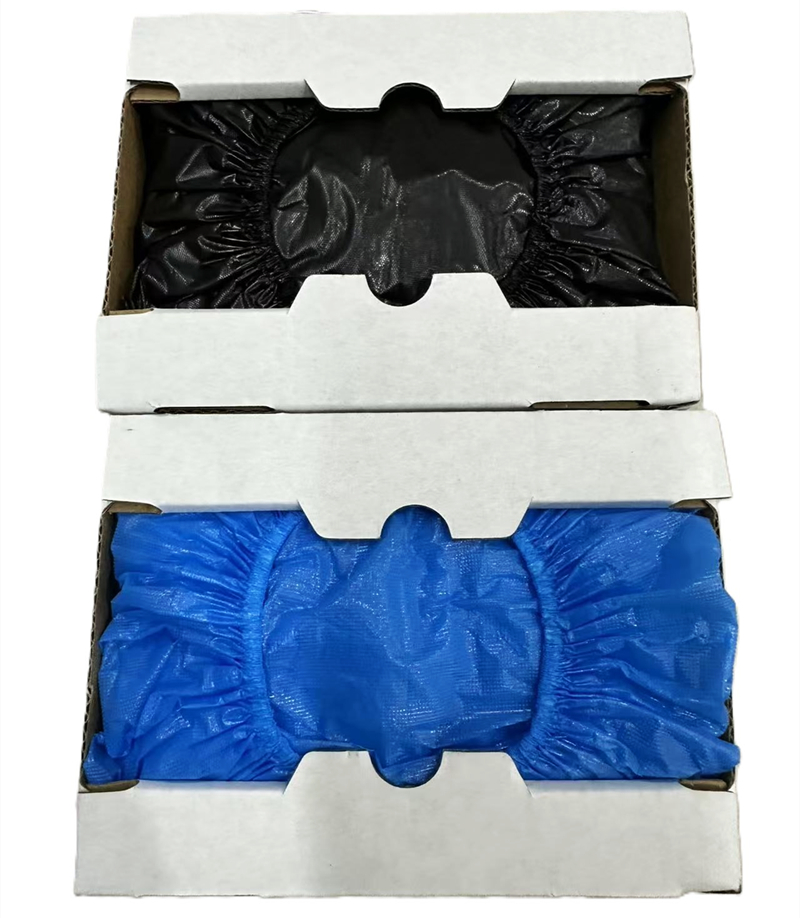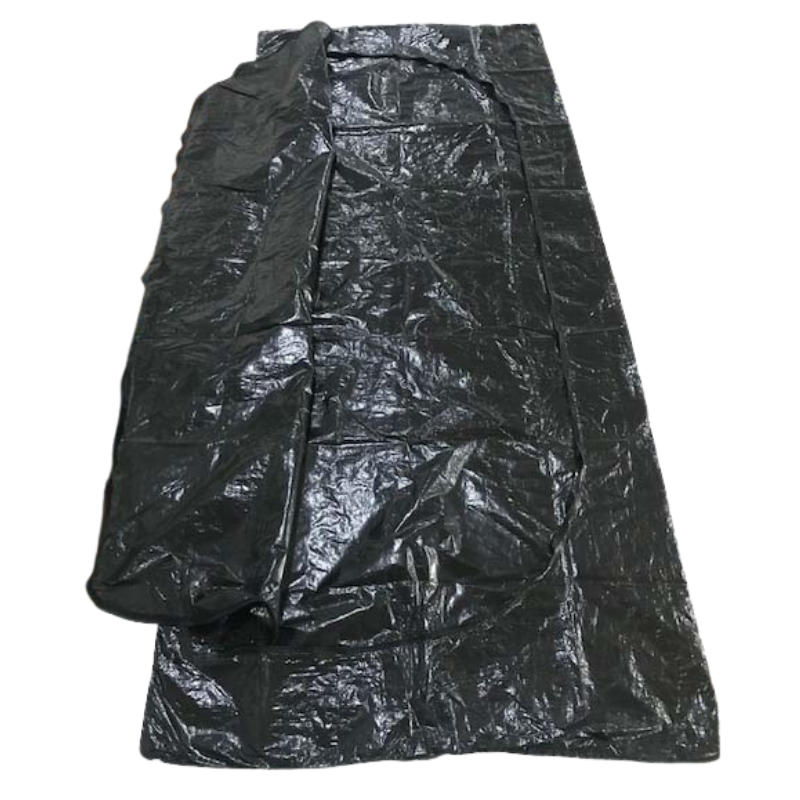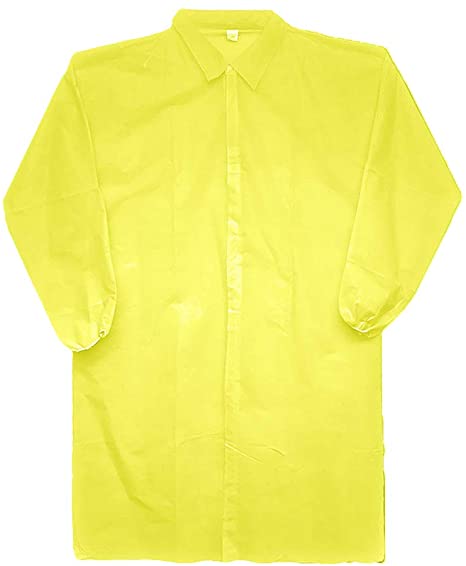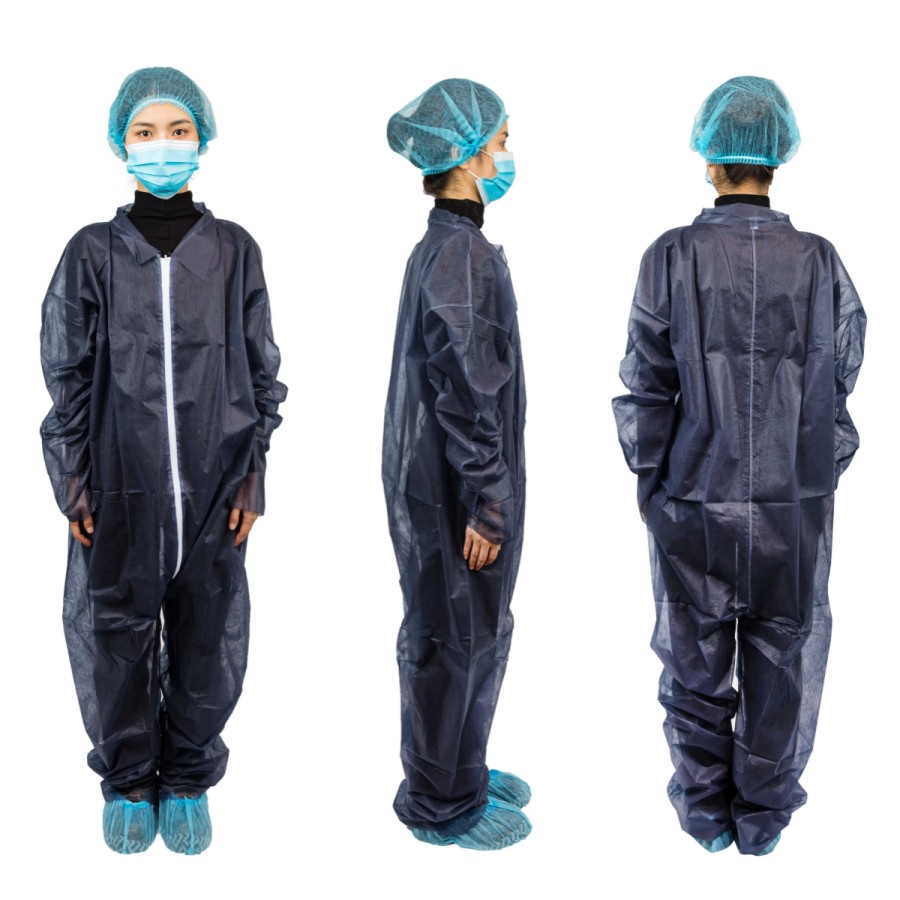Introduction to Hospital Bed Sheets
In the realm of healthcare, hospital bed sheets(especially disposable bed sheets) play a pivotal role. These are not just simple linens; they are a critical component in ensuring the safety, comfort, and hygiene of patients. This article explores the various aspects of these bed sheets, from their material composition to their practical applications in different hospital settings.
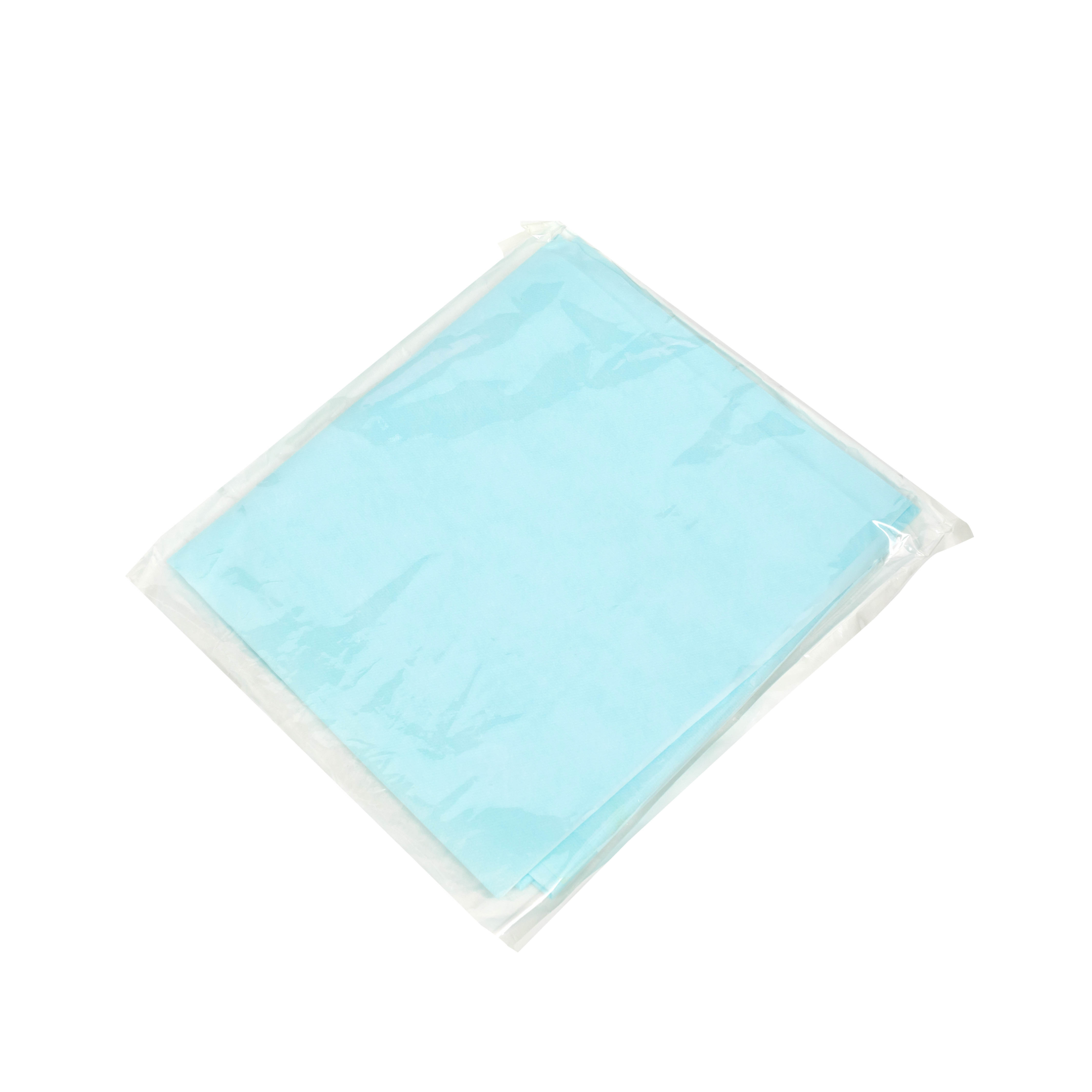
Understanding Hospital Bed Sheets Specifications
When delving into the world of hospital bed sheets, one quickly realizes the complexity and variety of specifications these essential items possess. For healthcare providers and procurement teams, a thorough understanding of these specifications is not just beneficial but crucial for making informed purchasing decisions that align with the specific needs of their healthcare facility.
Dimensions for Different Bed Sizes
Hospital bed sheets are not one-size-fits-all. They come in various dimensions to suit the range of bed sizes used in hospitals. This includes standard beds, pediatric beds, bariatric beds, and adjustable beds. Each type requires bed sheets with specific dimensions to ensure a proper fit. For example, standard hospital beds typically need sheets measuring around 80 inches in length and 36 inches in width. In contrast, bariatric beds, designed for larger patients, require significantly larger sheets.
Material Compositions for Specific Use-Cases
The choice of material is a critical specification, as different materials serve different purposes in a hospital setting. Some of the common materials used include:
- Polypropylene (PP): Known for its durability and lightweight nature, making it suitable for general hospital use.
- Spunbond Meltblown Spunbond (SMS): Offers a blend of strength and fluid resistance, ideal for environments where exposure to fluids is more frequent.
- Spunlace: Chosen for its softness, providing enhanced comfort for patients, especially those with sensitive skin.
Additionally, some sheets are enhanced with special coatings for added functionality. These include:
- PP Coated with Polyethylene (PE): Adds waterproof properties to the sheets.
- PP Coated with Microporous Film: Provides a breathable yet protective layer, useful in isolation wards.
- Absorbent PP Coated Waterproof Film: Ideal for situations requiring both absorbency and protection against fluids.
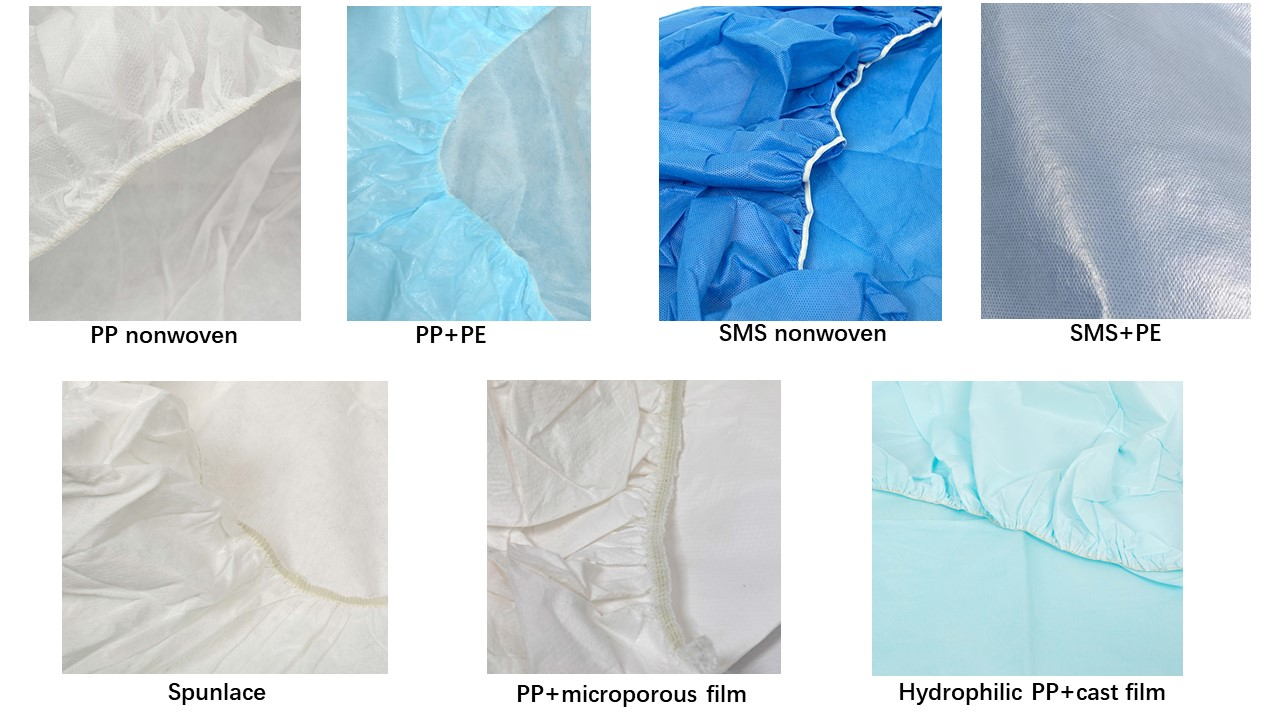
Functional Features for Enhanced Usability
Beyond size and material, hospital bed sheets can have various functional features tailored to specific needs. For instance, fluid resistance is a critical feature in areas like surgical units or intensive care, where exposure to bodily fluids is common. Hypoallergenic properties are also vital, especially in sheets used for patients with allergies or sensitive skin. Other features can include anti-microbial properties, ease of sterilization, and durability to withstand frequent washing.
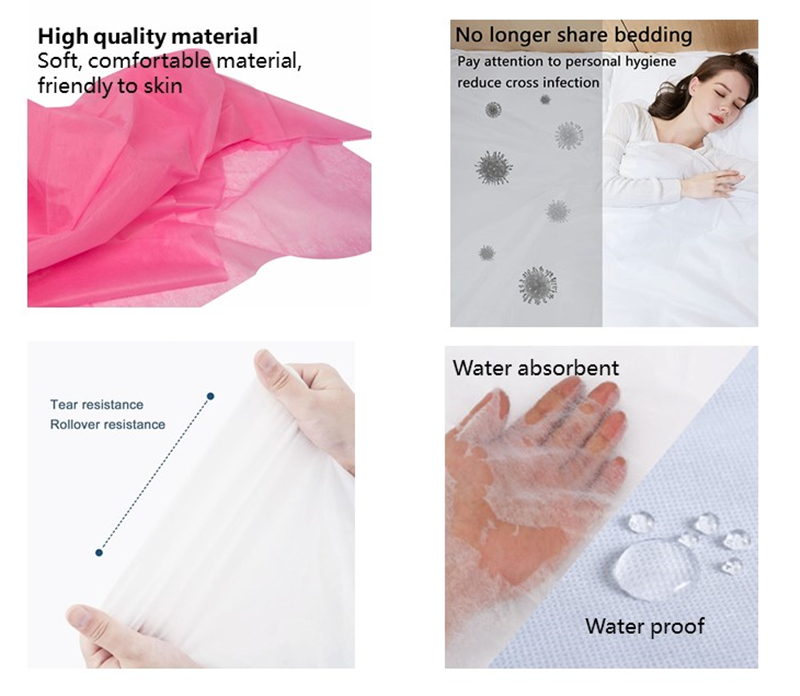
Importance of Choosing the Right Hospital Bed Sheets
Selecting the appropriate hospital bedding sheets goes far beyond the realm of mere comfort. It’s a crucial decision that directly impacts several key aspects of healthcare:
1. Ensuring Optimal Hygiene: In a hospital environment, maintaining stringent hygiene standards is paramount. The right bed sheets play a vital role in this. They need to be made from materials that not only resist harboring bacteria but can also withstand frequent and rigorous cleaning processes involving hot temperatures and strong disinfectants. By choosing sheets that meet these criteria, hospitals can significantly reduce the risk of cross-contamination and the spread of hospital-acquired infections (HAIs).

2. Enhancing Patient Comfort and Well-being: While hygiene is a top priority, patient comfort cannot be overlooked. Comfortable bedding contributes to better sleep quality and overall patient satisfaction. Soft, breathable sheets can make a substantial difference to a patient’s stay, especially for those who are bedridden and more prone to discomfort and pressure sores. Comfortable bed sheets can thus indirectly aid in the recovery process.
3. Facilitating Effective Patient Care: The right bed sheets can make the jobs of healthcare workers easier and more efficient. For example, fitted sheets that stay in place on adjustable beds can save time and effort during patient repositioning or bed adjustments. Similarly, bed sheets with special features like fluid resistance can reduce the frequency of changeovers and laundering, thus streamlining the workload of the hospital staff.
4. Impacting Infection Control Measures: The choice of hospital bed sheets is integral to infection control strategies. Materials that inhibit microbial growth and resist fluid penetration are essential in preventing the spread of pathogens. Additionally, sheets that are easier to change can reduce exposure risks for healthcare workers.
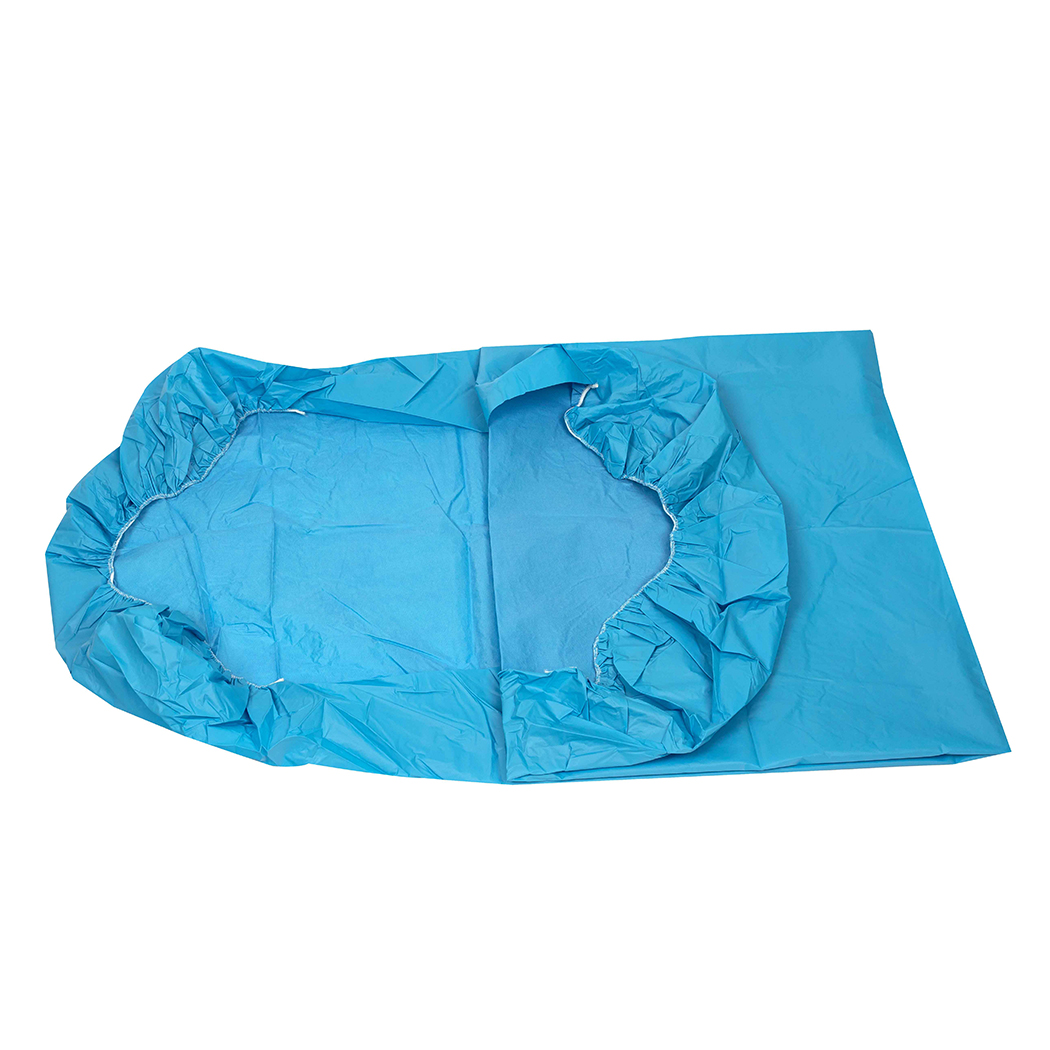
5. Contributing to the Overall Healthcare Environment: The quality and condition of bed sheets also reflect on the overall healthcare environment. Clean, well-maintained, and comfortable bedding can enhance the hospital’s image, conveying a message of care and professionalism to patients and visitors alike.
Buying Guide for Hospital Bed Sheets
Selecting the right specialty hospital bed sheets is a task that requires careful consideration of various factors to ensure the sheets meet the high standards necessary for a healthcare setting. Here’s a comprehensive buying guide, highlighting the range offered by manufacturers like Wuhan Youfu.
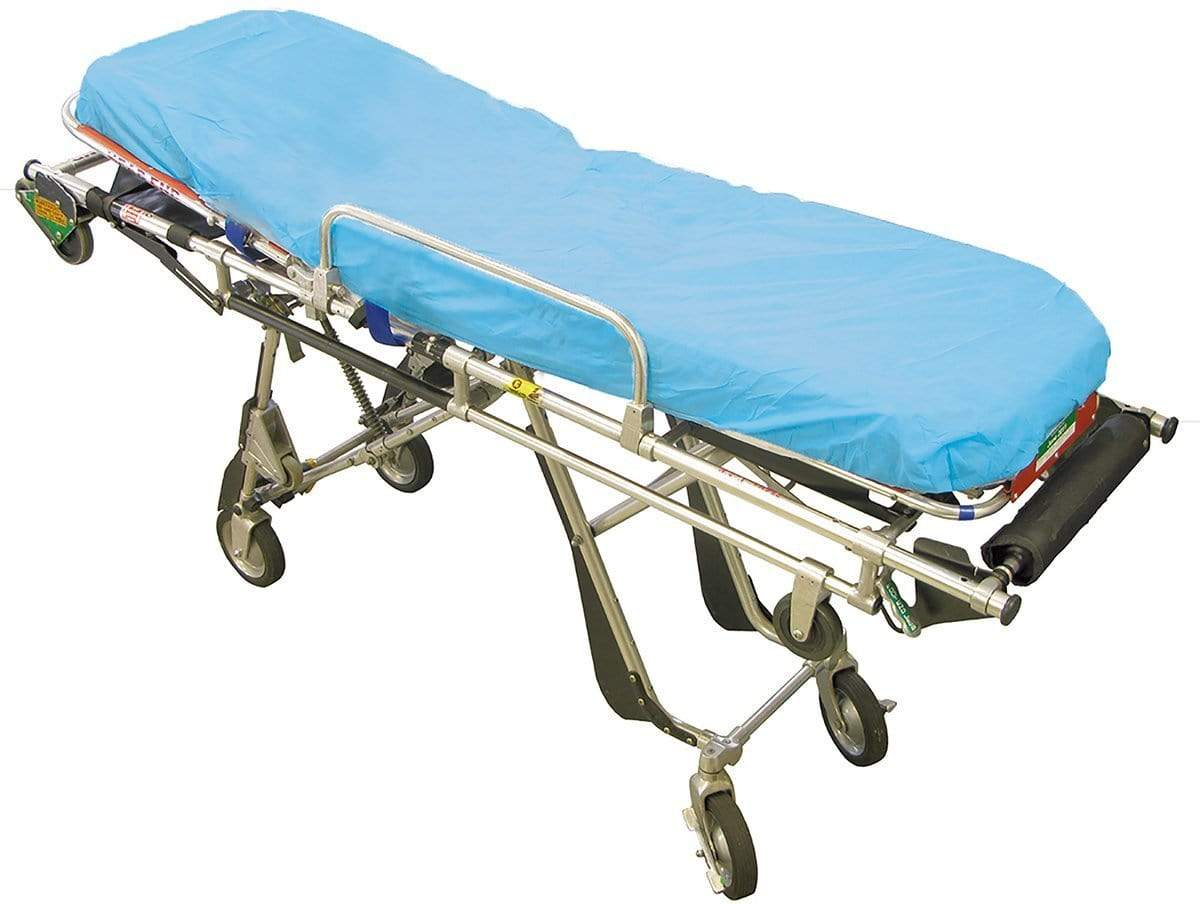
Material Considerations:
- Durability and Hygiene: Choose materials that are durable and can withstand frequent washing. Polypropylene (PP), Spunbond Meltblown Spunbond (SMS), and Spunlace are popular choices for their balance of durability and patient comfort. Also, consider coated materials like PP coated with Polyethylene (PE) for waterproof qualities or microporous film for breathability.
- Comfort: For patient comfort, softer materials like Spunlace are preferable, especially for long-term patients or those with sensitive skin.
Size and Fit:
- Standard and Specialty Beds: Ensure the sheets fit the standard dimensions of hospital beds (usually around 80 inches in length). Also, consider specialty sizes for bariatric, pediatric, or adjustable beds. Wuhan Youfu, for instance, offers a range of sizes to fit different bed types.
- Oversized vs Undersized Sheets: What’s Best for a Hospital Bed?Choosing between oversized and undersized sheets for hospital beds depends on various factors. Oversized sheets might offer more coverage but can be cumbersome to tuck in, while undersized sheets may not provide adequate coverage but are easier to handle.
Role of Adjustable Hospital Beds in Choosing Bed Sheets
- Adjustable hospital beds, which are commonly used for patients with mobility issues, require bed sheets that can adapt to their movement. Choosing the right sheets that can stay in place and maintain their comfort level is essential for these types of beds.
Styles and Functional Requirements:
- Flat vs. Fitted Sheets: Flat sheet is versatile and easier to fold and store, while fitted sheet provide a snug fit, essential for adjustable beds.
- Special Features: Look for features like fluid resistance for infection control, hypoallergenic properties for sensitive patients, and anti-microbial features for additional hygiene.
Durability and Ease of Cleaning:
- Choose sheets that are robust enough to endure frequent laundering and use. The fabric should maintain its integrity and comfort after repeated washes. Wuhan Youfu’s range, known for its durability, can withstand the rigors of hospital laundering processes.
Comfort Level:
- Patient comfort is crucial. Soft, breathable fabrics like cotton blends can significantly enhance a patient’s stay in the hospital. The ideal fabric for best hospital bed sheet is one that blends comfort with quality. It should be soft enough for patient comfort but durable enough to withstand frequent washings and sterilizations, a balance well-maintained in Wuhan Youfu’s product range.
Cost-Effectiveness:
- Balance quality with budget considerations. More durable sheets may have a higher upfront cost but can be more cost-effective in the long run due to their longevity.
Vendor Reliability and Reputation:
- Choose a reputable supplier like Wuhan Youfu, known for quality and reliability. Consider their service, supply consistency, and customer reviews.
Environmental and Safety Standards:
- Opt for sheets that are produced with environmentally safe practices and meet safety standards. This not only supports sustainability but also ensures the safety of both patients and healthcare workers.
Customization Options:
- Some suppliers(like Wuhan Youfu) offer customizable solutions to meet specific needs. This could include customized sizes or special features tailored to the hospital’s requirements.
By carefully considering these factors, healthcare facilities can select the best hospital sheets that cater to their specific needs, balancing functionality, comfort, and cost-effectiveness. Wuhan Youfu’s range, with its variety of materials, sizes, and specialized features, offers options that align well with these diverse considerations.
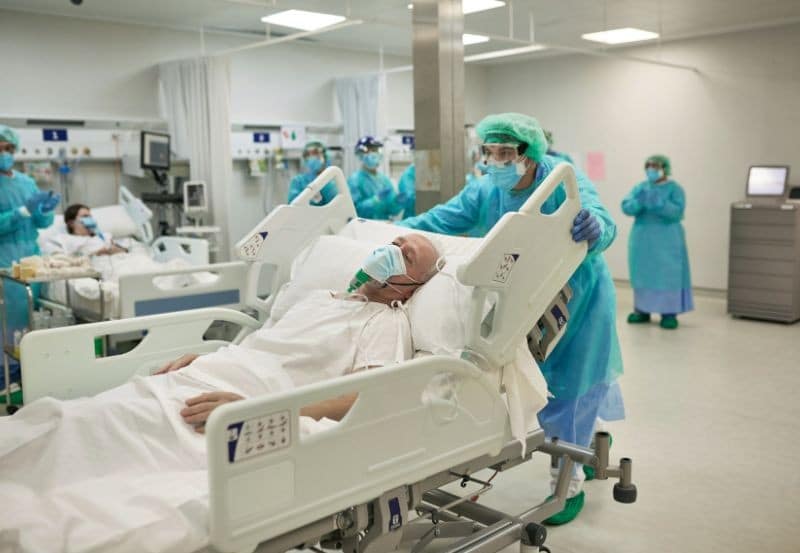
Hospital Bed Linen and Their Importance
Hospital bed linens are more than mere fabrics covering the beds; they are an integral component of the healthcare setting, significantly impacting various aspects of patient care and the hospital environment.
1. Enhancing Patient Comfort and Well-being:
The primary function of hospital bed linens is to provide comfort to patients. Soft, high-quality linens can significantly improve a patient’s comfort, particularly for those who spend extended periods in bed. Comfortable linens not only aid in better sleep but can also help in reducing stress and anxiety, which is crucial for patients in a hospital setting.
2. Contributing to Hygiene and Infection Control:
Hospital linens must adhere to stringent hygiene standards. They need to be regularly and thoroughly cleaned to prevent the spread of infections. The material of the linens plays a key role here, as it must withstand frequent washings at high temperatures while maintaining its integrity. This aspect of hospital linens is critical in controlling hospital-acquired infections (HAIs).
3. Impacting the Aesthetic and Atmosphere of Patient Rooms:
The appearance of bed linens can significantly influence the ambiance of a patient’s room. Clean, well-kept, and aesthetically pleasing linens can make the environment more welcoming and comforting for patients. This, in turn, can positively impact their mood and overall perception of the quality of care they are receiving.
4. Assisting in Healthcare Tasks:
- Quality bed linens can also ease various healthcare tasks. For example, fitted sheets that stay in place on an adjustable bed make it easier for healthcare workers to reposition patients. Similarly, bed linens with specific features like fluid resistance can aid in maintaining cleanliness and hygiene.
5. Reflecting the Hospital’s Standards of Care:
The state and quality of hospital linens are often seen as a reflection of the hospital’s overall standards of care. Well-maintained and high-quality linens signify attention to detail and a commitment to patient care, enhancing the hospital’s reputation.
6.Promoting Patient Safety
Crtain types of linens are designed to reduce risks for patients, such as those that minimize skin irritation or prevent pressure sores in bedridden patients. This aspect of linens is crucial for patient safety and comfort.
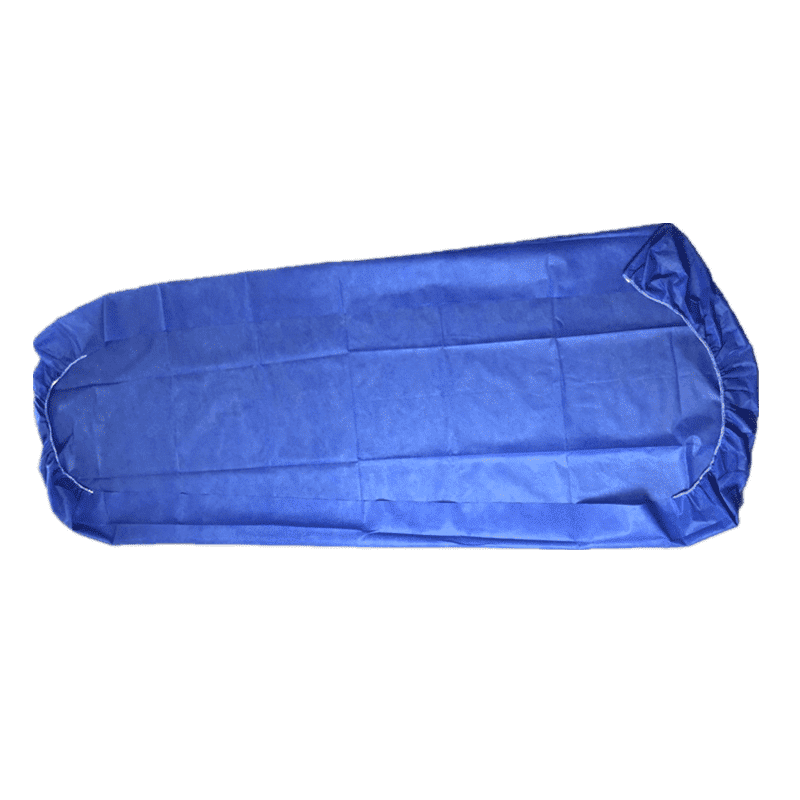
Conclusion
In conclusion, hospital disposable bed sheets are a crucial element in patient care, and understanding their specifications is key to choosing the right products. Manufacturers like Wuhan Youfu play a significant role in this sector, offering a wide range of high-quality bed sheets that meet the diverse needs of hospitals and patients alike.
FAQs
1.What materials are best for hospital bed sheets?
The best materials for hospital bed sheets are those that balance durability and comfort, such as PP, SMS, and Spunlace. Wuhan Youfu offers a range of materials to cater to different hospital needs.
2.How often should hospital bed sheets be replaced?
Hospital bed sheets should be replaced as soon as they show signs of wear or after every patient discharge to maintain hygiene. Wuhan Youfu’s sheets are designed for durability and frequent use.
3.What is the ideal thread count for hospital bed sheets?
The ideal thread count for hospital bed sheets typically ranges from mid to high, as higher thread counts are softer and more comfortable. Wuhan Youfu provides sheets with varied thread counts to suit different preferences.
4.How do I choose the right size sheets for different hospital beds?
To choose the right size sheets, measure the bed dimensions including length, width, and depth. Wuhan Youfu offers sheets in various sizes to fit standard, adjustable, and specialty hospital beds.
5.What should I look for when purchasing hospital bed sheets?
When purchasing hospital bed sheets, look for quality materials, appropriate size, suitable thread count, and durability. Wuhan Youfu’s range of hospital bed sheets meets these criteria, ensuring quality and comfort.



